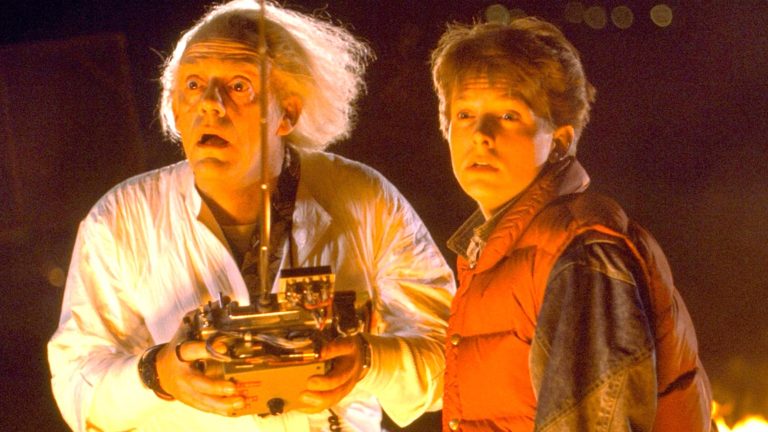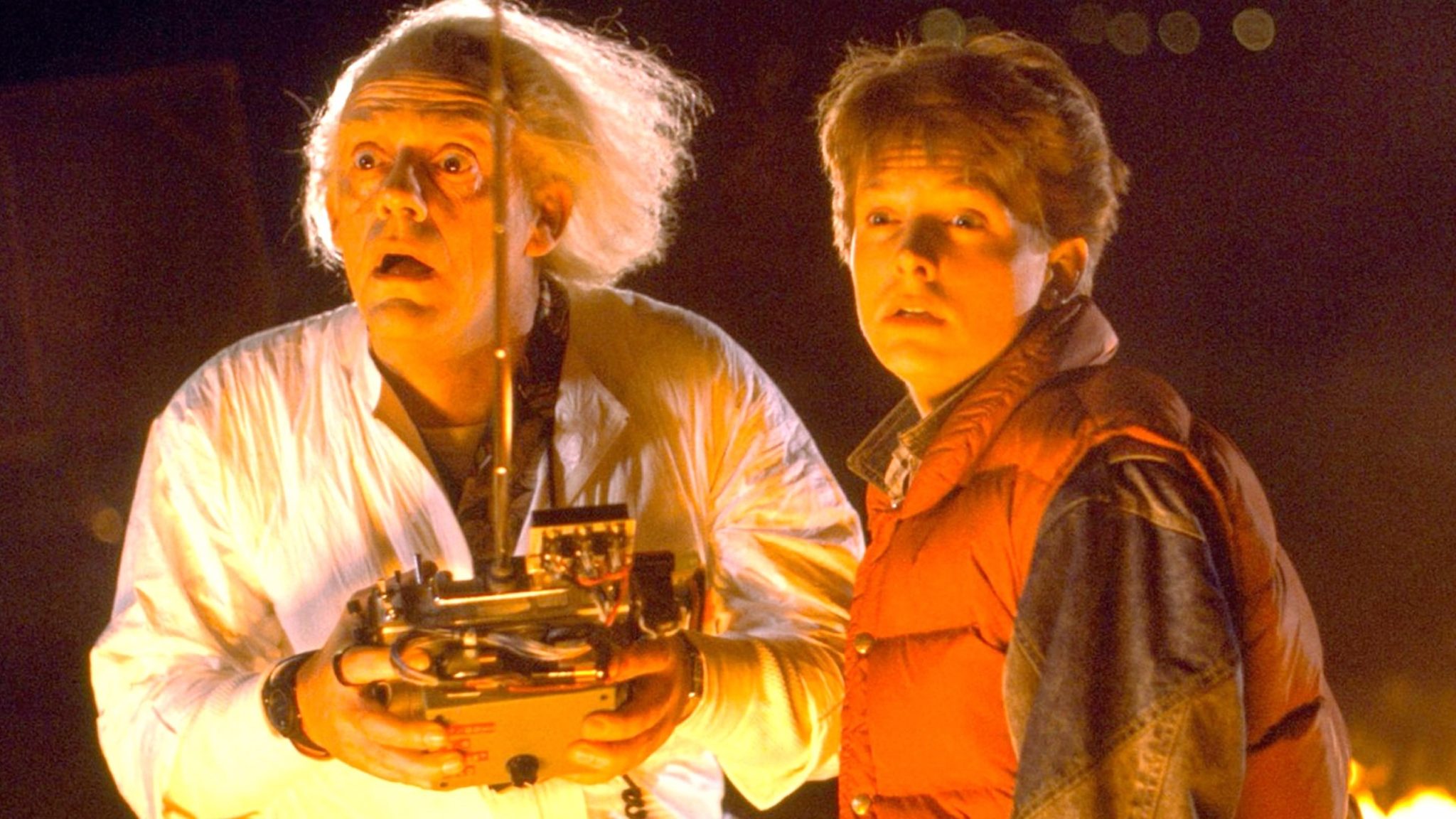Script Apart: Every Character Needs a Flaw, According to the 'Back to the Future' Screenwriter

Is your latest screenplay being held back by a protagonist who’s too perfect? That was the case for Bob Gale, writer of the Back To The Future films.
On my podcast Script Apart recently, he recalled how the time travel trilogy really started to take flight once he gave hero Marty McFly a flaw. “We had to give him a darker place to start from so he could grow,” he explained. “Otherwise, what are we watching? How do the events of the movie change him? What is it all for?”
Find Your Character's Biggest Flaw
In the first Back To The Future film, Marty (Michael J Fox) is straightforward enough: a teen with a mad-scientist best friend who accidentally seduces his mother while traveling back time a few decades in a Delorean (OK, maybe not that straight-forward).
The point is, in that original, Marty had no flaw.
Approaching Back To The Future Part II, with contracts already signed for a third installment, Bob and director Robert Zemeckis realized that to sustain further films, “Marty would have to have a journey to go through,” as the screenwriter puts it. The result was an inability to back down when someone calls him chicken.
“People often ask me, if I could go back and redo the first movie, is there anything you would change or add? And what we would probably do is lay a little bit of groundwork for that,” Bob told me, describing how it makes the character more interesting.
When your main character is flawless, what lesson have they got to learn that leaves them a different person by the time the credits roll? What lesson do we have to learn as an audience, in this case about the folly of pride and ego?
In Back To The Future Part II, Marty travels forward in time to see how his flaw might ruin his life—unless he changes in the present and learns to back down.
Audiences prefer characters who are flawed. In real life, each and every one of us has our own hang-up or two, equivalent to Marty’s “chicken” hot streak. The more flawed you make your protagonist, the more real and relatable they appear to viewers.
If you’re stuck for a flaw to give your character, look in the mirror. What are the parts of yourself you’d love to change? Is there a hang-up you can’t hang up, that you’re anxious might derail your life? Apply it to your lead character and watch your screenplay hit 88 mph. “Roads? Where we’re going, we don’t need roads,” Doc Brown (Christopher Lloyd) famously said.
You’ll definitely, definitely need character flaws though, if you want your screenplay to sparkle with the same zest as this iconic trilogy.
Tags
Get Our Screenwriting Newsletter!
Get weekly writing inspiration delivered to your inbox - including industry news, popular articles, and more!



























